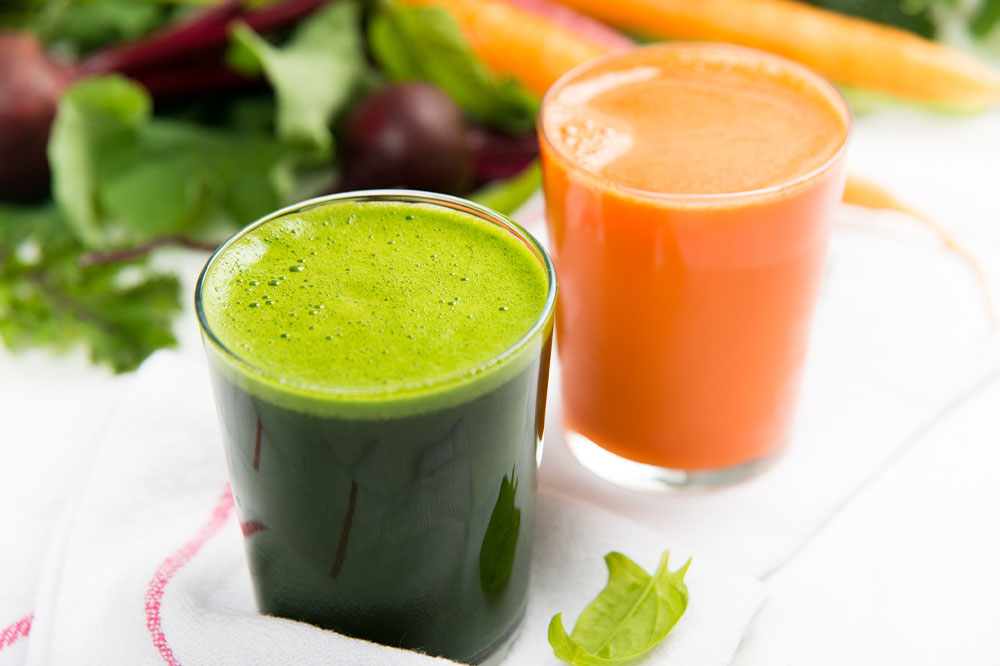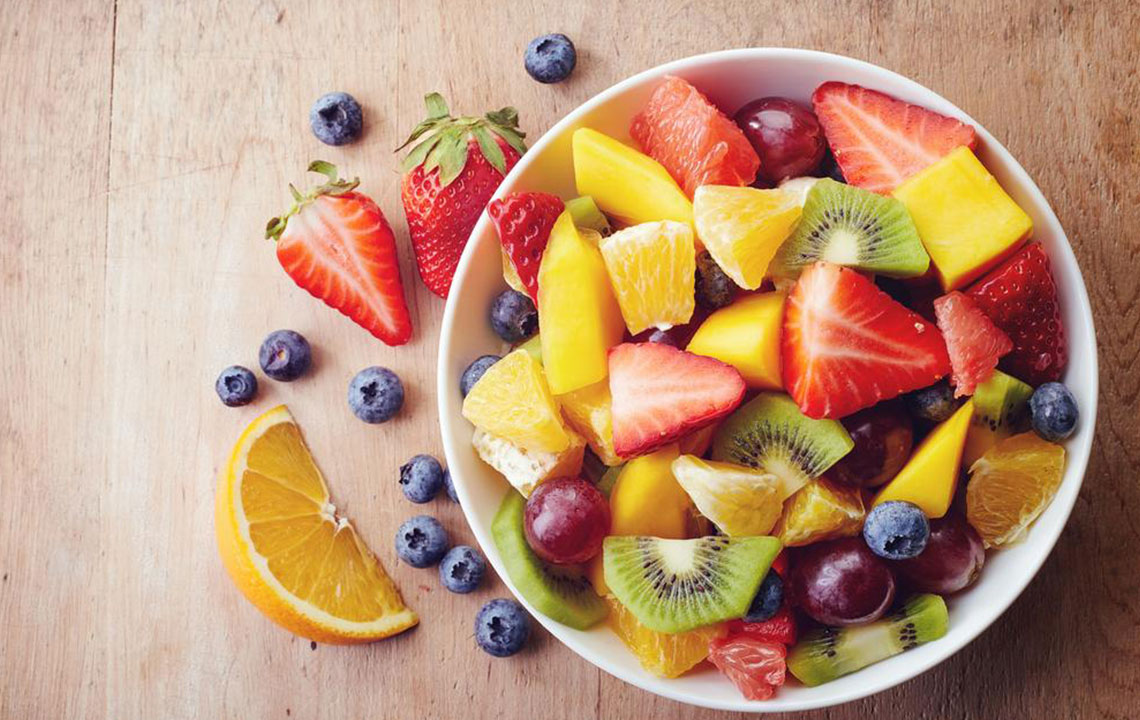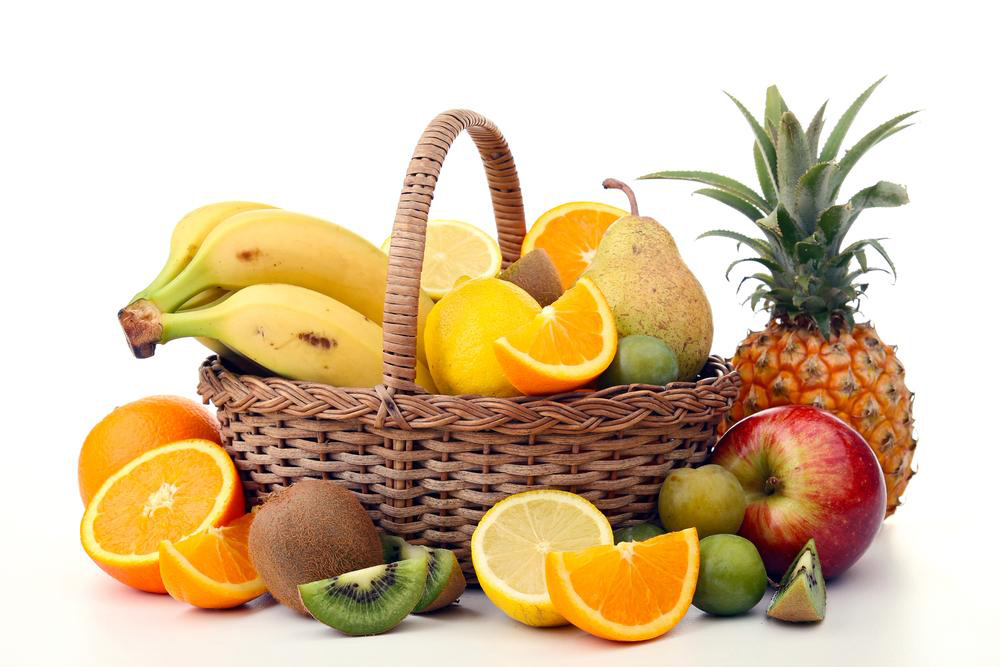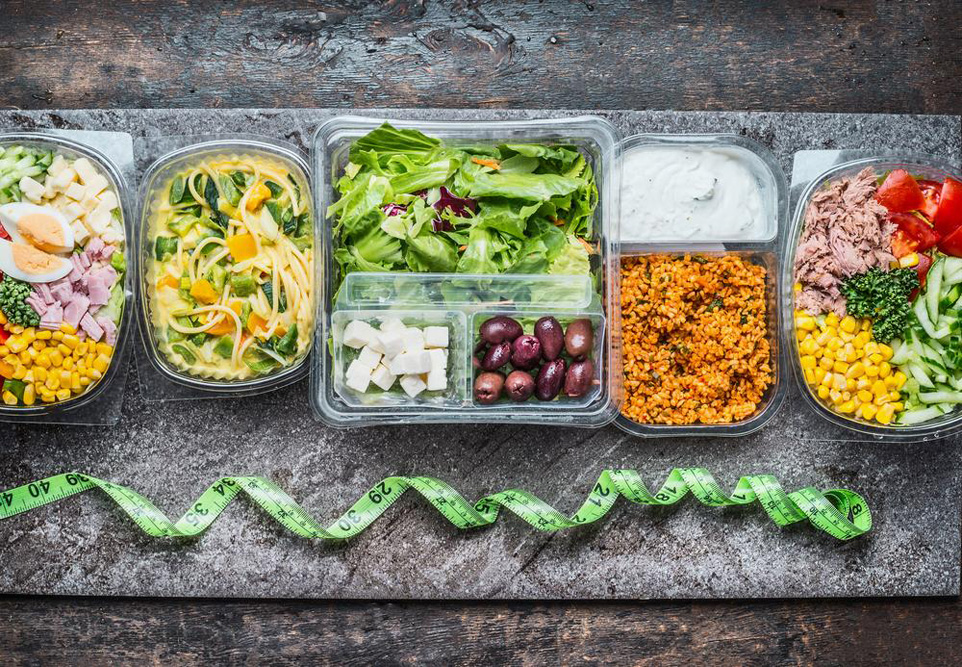Top 5 Healthy Diet Plans to Improve Your Lifestyle and Wellbeing
Explore five effective and healthy diet plans designed to enhance your overall wellbeing. From Paleo to Vegan, discover which lifestyle fits your needs and promotes longevity. Make informed choices with our comprehensive guide and adopt a balanced diet for better health and vitality.
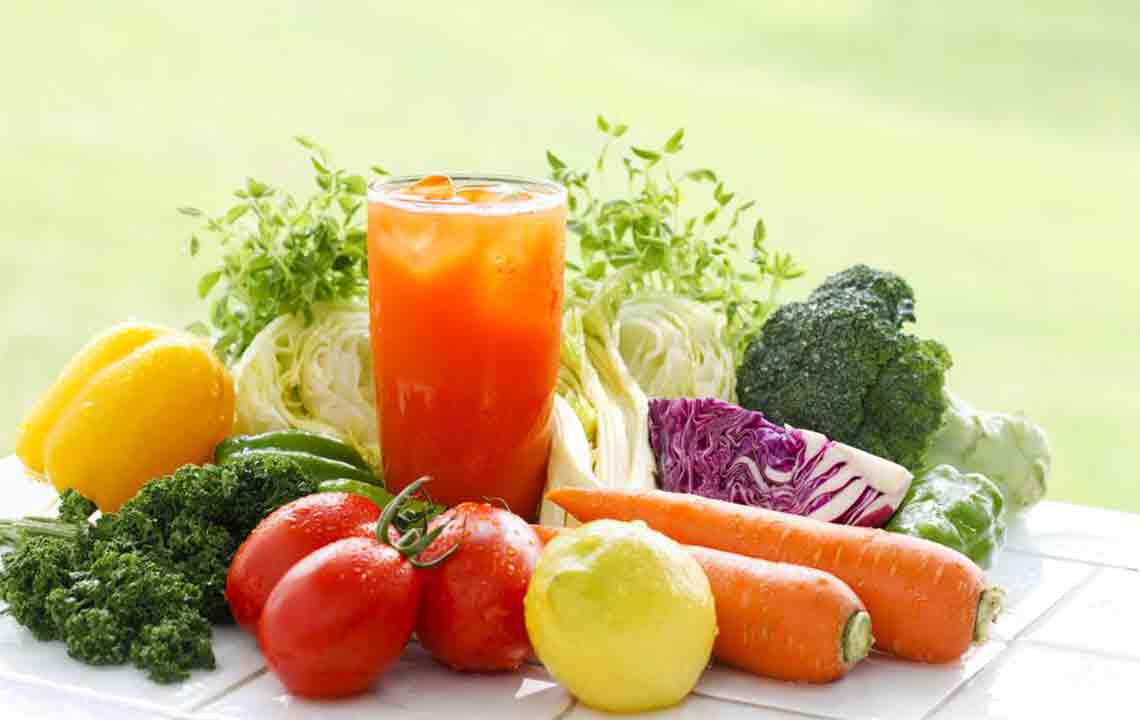
Top 5 Healthy Diet Plans to Improve Your Lifestyle and Wellbeing
Choosing the right diet plan can be overwhelming with the numerous options available. Some experts may recommend different foods, leading to confusion. If you're unsure which meal plan suits your needs, don't worry. Here are five balanced diet options that promote health and vitality. Select the one that best aligns with your body’s requirements for optimal results.
Paleo Diet
The Paleo approach emphasizes eating foods that match our ancestral diet. It promotes wellness by focusing on whole, unprocessed foods.
The Paleo diet supports maintaining energy and overall health. It discourages processed foods rich in saturated fats, trans fats, and refined sugars, which are linked to illnesses like cancer, diabetes, obesity, and mental health issues. Instead, it encourages consuming lean meats, nuts, and natural oils.
Foods to Include: Lean meats, seafood, eggs, fresh fruits and vegetables, nuts, seeds, olive oil, avocado oil, coconut oil
Foods to Avoid: Legumes (including peanuts), grains, dairy products, potatoes, processed foods, refines sugars, salt, and refined oils
GM Diet
This diet was introduced by General Motors in 1985 to promote employee health. It gained popularity for its quick weight loss results, often shedding 10-15 pounds in a week. It has simple guidelines that do not require extensive ingredient lists or significant lifestyle changes.
Recommended: Hydrate well, use extra virgin olive oil, flavor with herbs, vinegar, and lemon
Avoid: Alcohol, salad dressings, excessive oil, and cheating on the diet
Gluten-Free Diet
This diet is essential for individuals with Celiac disease, which triggers immune reactions to gluten—a protein found in wheat, barley, and rye. It’s not a weight-loss plan but a medical necessity for affected people. Proper adherence helps manage symptoms and prevent complications.
Foods to Eat: Corn, rice (brown, white, basmati), gluten-free flours (coconut, nut, bean-based), soy, quinoa, tapioca, dairy products
Foods to Avoid: Wheat-based products, malt, barley, gluten-containing sauces, seafood with gluten-rich additives
Low-Carb Diet
Focusing on reducing carbohydrate intake, this diet promotes consuming natural fats, proteins, and green vegetables, avoiding pasta, bread, and sugary foods. It benefits overall health but is not suitable for diabetics, pregnant women, or breastfeeding mothers. It aids in weight management and metabolic health.
Do: Enjoy meats, ensure adequate protein intake, eat low-carb vegetables
Don't: Consume high-carb, starchy foods
Vegan Diet
This plant-based diet excludes all animal products, focusing instead on nuts, fruits, grains, and vegetables. It has proven health benefits, including reduced toxicity levels. Proper planning ensures nutritional needs are met without animal-derived foods.
Do: Eat varied fruits and vegetables, legumes, grains, and plant proteins
Don't: Consume saturated fats from processed foods, dairy, meat, or eggs
Individual health varies, so choosing a diet that suits your needs and sticking to it is key to a healthy lifestyle. Try options from these plans and select what feels best for your body.


